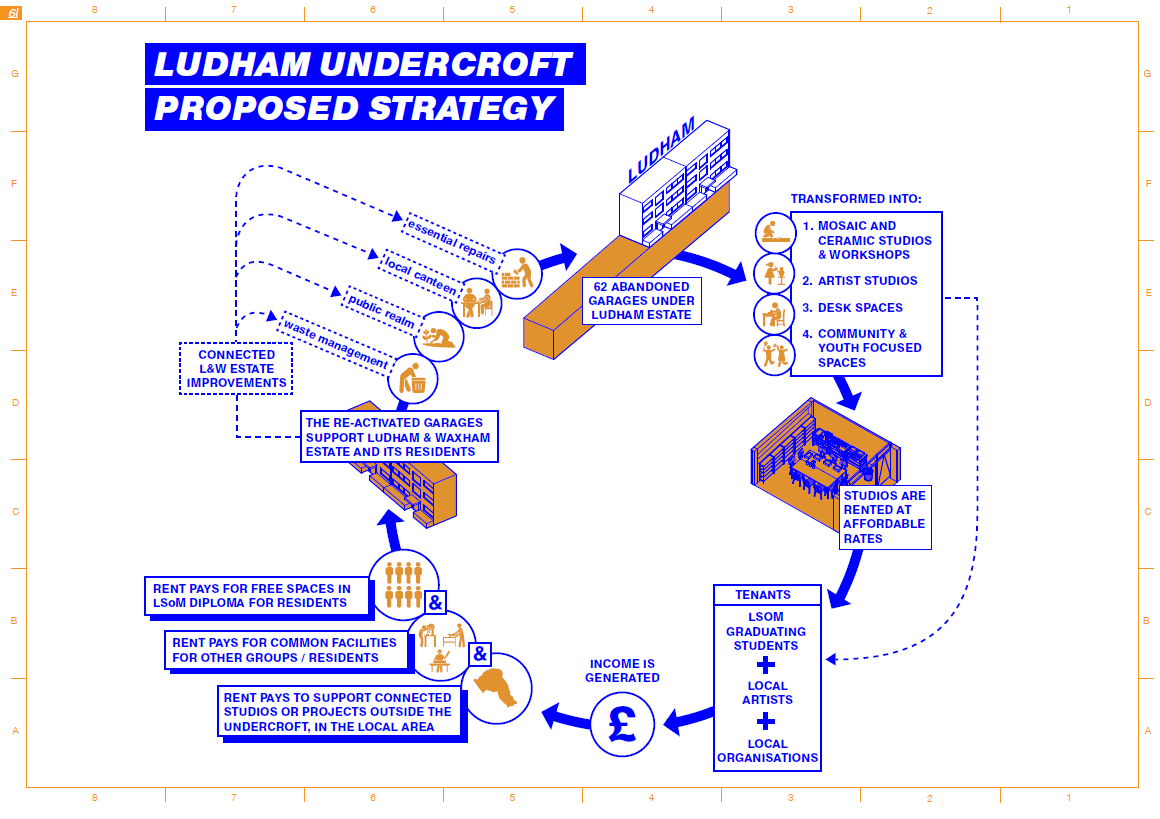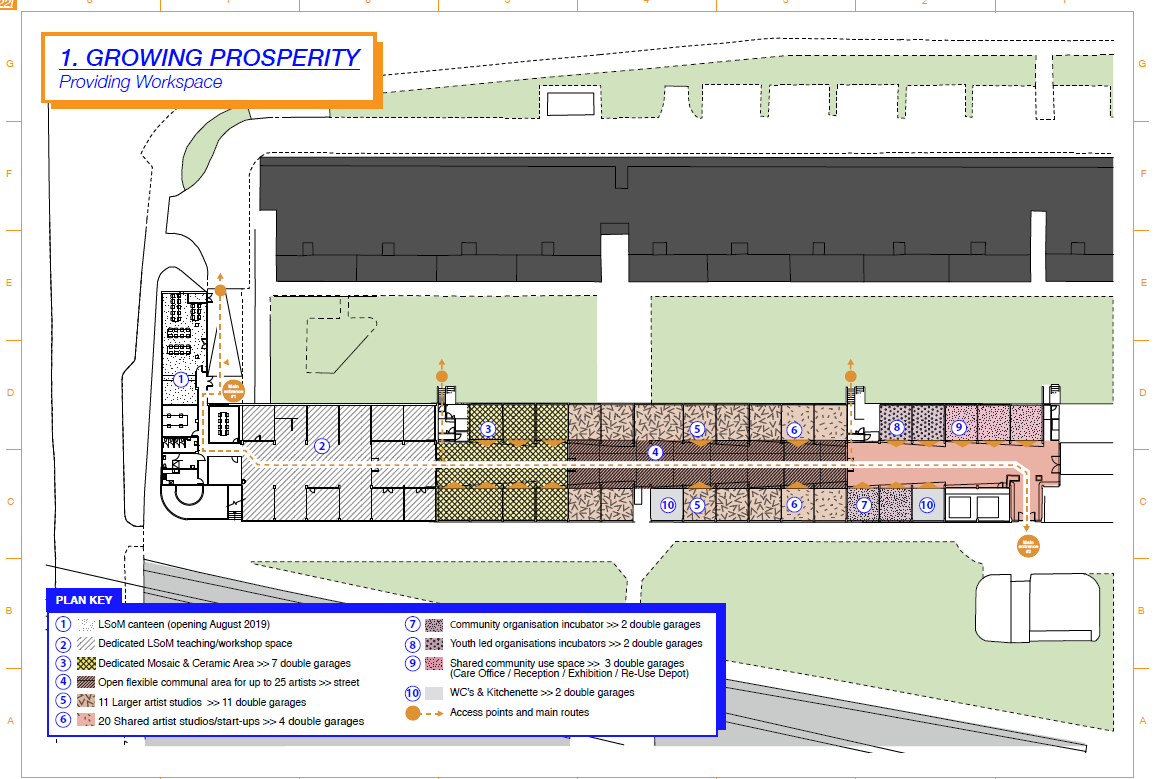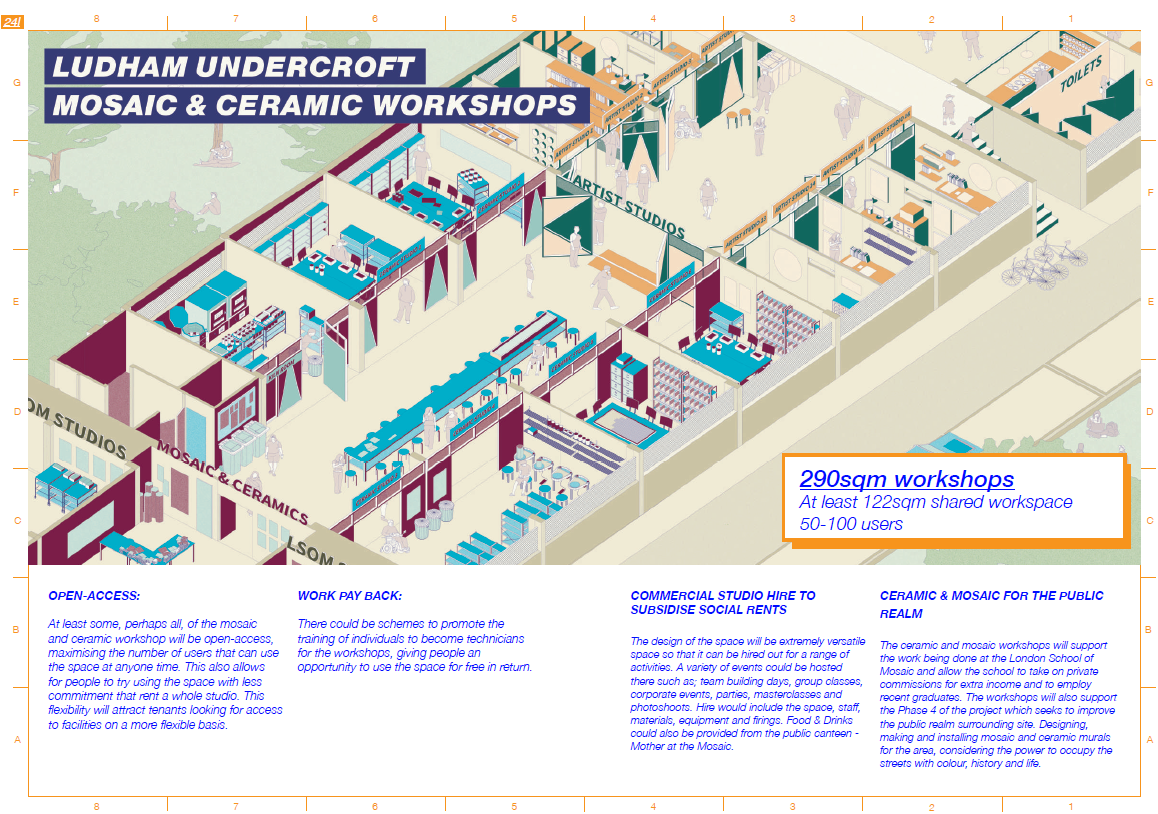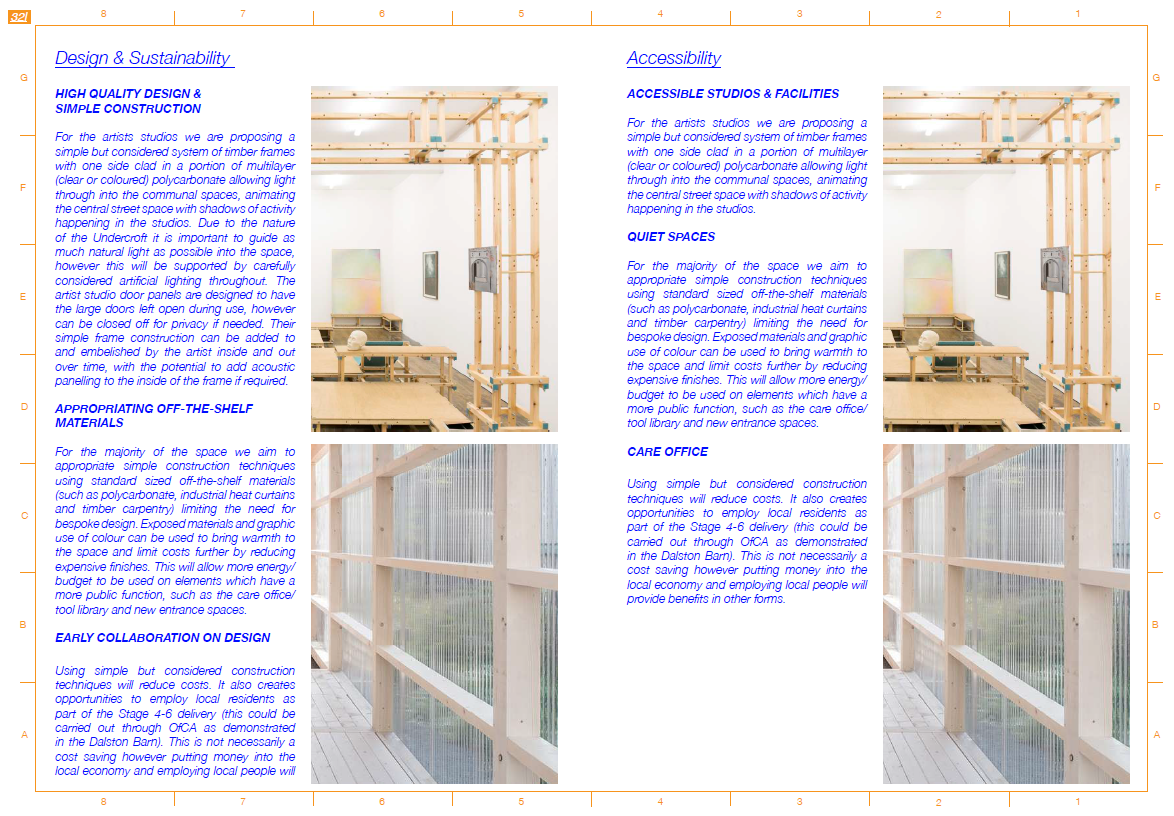Bob lives in Swanage, a beautiful part of Dorset’s Jurassic coast. He retired as a Deputy Head Teacher over twenty years ago which gave him free rein to indulge his other main calling in life: being an artist. He was smitten with mosaic in particular after taking a course with Elaine M Goodwin in 1994. Thus began a long collaboration with many others which includes being a founding member of the British Association for Modern Mosaic. Those of us who enjoy mosaic, follow in his footsteps.
“The reason I did all that art and craft work as a teacher with the kids was so that they’d have something they were proud of and could continue in later life. I think everybody is creative – I’ve seen that in church kneelers, altar frontals, patchwork quilts and much more – and I see no difference in quality whether people are paid or not.” (Interview with Manya McMahon, Grout Spring 2013)
As a “lost” art mosaic finds a special place in devotee’s hearts as they rue why such a noble, ancient, colourful, formative, linear and versatile medium is neglected by those who rule the art world and its market. Life is not fair, so we need a better understanding and improve our education!
In addition to being a founder member of the British Association for Modern Mosaic (BAMM) Bob also served for a number of years on the committee of the Association for the Study and Preservation of Roman Mosaics (ASPROM) and has been a member of L’Association Internationale pour l’etude de la Mosaïque Antique (AIEMA) whose conferences he has attended at a variety of venues around the world. He edited the journal ANDAMENTO for the British Association for Modern Mosaic for the first five issues from 2007-2011. This is an amazing feat and eventually will be one of the main reasons that mosaic is taken seriously again by other artists and connoisseurs. In 2010 he was awarded Life Membership of BAMM in recognition of his commitment and work for the society.
A successful author, Robert Field has written six books on geometric patterns which have sold over 100,000 copies world-wide and which are used by many people as a source of creative design in subjects as diverse as embroidery, patio paving, knitwear and quilt making. (From Solo Exhibitions, The World in Fragments 2013).
While driving down to Bob’s picturesque Swanage, other notable beauty spots graced my journey: Christchurch with its Priory, gardens and quayside, Corfe Castle and Durlston Head where on a good day I’m told you can watch dolphins leaping.
Even during Covid-19 lockdown Swanage was bustling with traffic (partly due to road works), so I cast my thoughts over other familiar coastal towns: Margate, Blackpool, Skegness, Morecombe and Hastings for example – all intrinsically paradise, except unlike Swanage, generally cast more down-market, as if deliberately plundered by people wanting to make quick money – shooting themselves and everyone else in the foot. Encumbered by ludicrous golf, abuse arcades, daft dippers, speedy wave slappers and littered with greasy spoon chip and fish frights. Thank goodness Swanage resisted these distractions.
On this whole glorious journey to pick up Bob Field’s library I paid £2 for the car park at Christchurch Priory – what a cheap journey for such indelible visions of beauty, created by generations of our forbearers.
I was delighted to hear that next to Corfe Castle there is a park & ride facility, with a train journey into Swanage. This is the type of initiative we need to rejuvenate our coastal towns, preserving their equilibrium, keeping at bay the hoards in cars and with a fair way of generating local income, that balances our ability to pay, with our use of gorgeous places. To support this effort an automatic congestion charge should be imposed for those who enter a coastal town, severe enough to deter all but the most insistent car visitors (perhaps a £30 charge), with the park & ride well sign posted and attractive enough for people to want to go there. The public transport links should be much improved. Here are some potential benefits:
Keeping the coastal towns more clear of traffic, except for residents and people with disabilities who should have free access.
Improving the atmosphere, lessening pollution and aiding better health
Providing income to upgrade more frequent local transport links
Encouraging greater use of cycles with a broad cycle route along the streams and rivers to the coast creating green employment
Extending the café and visitor centre, or expanding the existing one at Corfe Castle - with employment opportunities and decent food where visitors can enjoy the great views in our green and pleasant land.
During the Covid crisis we’re reminded of how billions are being spent on furloughing most people. After the lockdown is lifted, let’s invest in our green economy and create permanent jobs with a better quality of life.
Mosaic will be a catalyst for a better quality of life – thanks Bob for the books.










